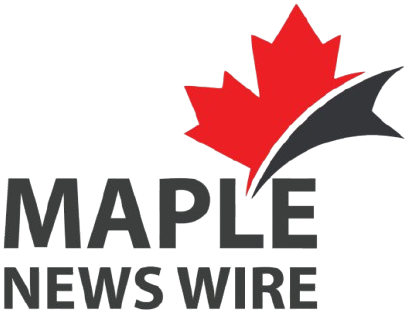Surrey’s 2024 Industry Tour reveals trade challenges and growth in local sectors, as businesses adapt to U.S. tariffs and call for stronger cross-border policies.
As Canadian businesses contend with mounting pressure from U.S. tariffs, the annual Surrey Industry Tour delivered a revealing look at the economic forces reshaping local industry—both the hot streaks of growth and the cold realities of international trade friction.
Organized by the Surrey Board of Trade and its merger partner, the South Surrey & White Rock Chamber of Commerce, the April 23 tour drew three full buses of participants to 13 industrial and innovation sites across the city. From Port Kells to Newton and City Centre, the tour showcased both expansion stories and sobering challenges faced by Surrey’s industrial sector.
Foundries Under Fire
A poignant stop on Bus Two’s itinerary was Highland Foundry, a company that has operated in Surrey since the 1970s but is now downsizing dramatically due to trade-related pressures.
“Offshoring and tariffs have devastated our sector,” said Warren Geraghty, Highland’s general manager. “We’ve gone from 130 employees to 50. Eighty per cent of our product goes to the U.S., and tariffs have had a severe impact on our competitiveness.”
The foundry is consolidating operations on its nine-acre site to reduce overhead, with plans to lease out vacated space by August. Geraghty noted the immense logistical challenge of maintaining safety and productivity during the transition.
Growth Amid Constraints
While some businesses are scaling back, others are scaling up. In Newton, family-run City Wide Produce is preparing to move from a cramped 4,200-square-foot facility to a new 27,000-square-foot building near Highway 10. Owner Gopal Gupta said the upgrade will increase pallet capacity tenfold and enable the company to lease out space as needed.
Still, Gupta acknowledged the unpredictability of tariffs on produce imports. “At one point, Mexican produce became more expensive than U.S. goods—something we’ve never seen before,” he said. “Consumer preferences shifted quickly, and it’s tough to know what’s next.”
Innovation on Display
The final stop for Bus Two was WearTech Labs, an SFU-supported research hub for wearable technology at the City Centre 2 tower. The facility is at the forefront of innovation, developing everything from exoskeletons to advanced prosthetics and smart clothing.
Other tour stops across the city included Beedie’s One Nine Two Business Centre, Cloverdale Paint, Mountain Equipment Company, and Solid Rock Steel Fabricating, with commentary from commercial real estate experts at Lee & Associates.
Harsh Economic Realities
At a luncheon held at the Civic Hotel, Andrew Wynn-Williams, B.C. vice-president of the Canadian Manufacturers and Exporters Association, offered a stark contrast to the optimism seen on the tour.
“Feeling inspired?” he asked the room. “Well, I’m here to depress you.”
He then outlined sobering statistics from the April 16 release of the Blueprint to Strengthen Canadian Manufacturing, highlighting declines in B.C.’s manufacturing output and warning of deepening threats from U.S. tariffs and a potential recession.
Cross-Border Cooperation
Just a day later, Surrey Mayor Brenda Locke took part in a roundtable in Blaine, Washington, alongside U.S. Senator Patty Murray, to discuss the cross-border consequences of tariff policies.
“Tariffs are not just economic levers—they’re a tax on our communities,” Locke said in a statement. “Our economies are intertwined, and now more than ever, we need collaborative, fair trade practices that support growth on both sides of the border.”
With supply chains under strain and trade relationships tested, the message from Surrey’s industrial leaders was clear: adaptation is happening, but stronger policy support is urgently needed.




